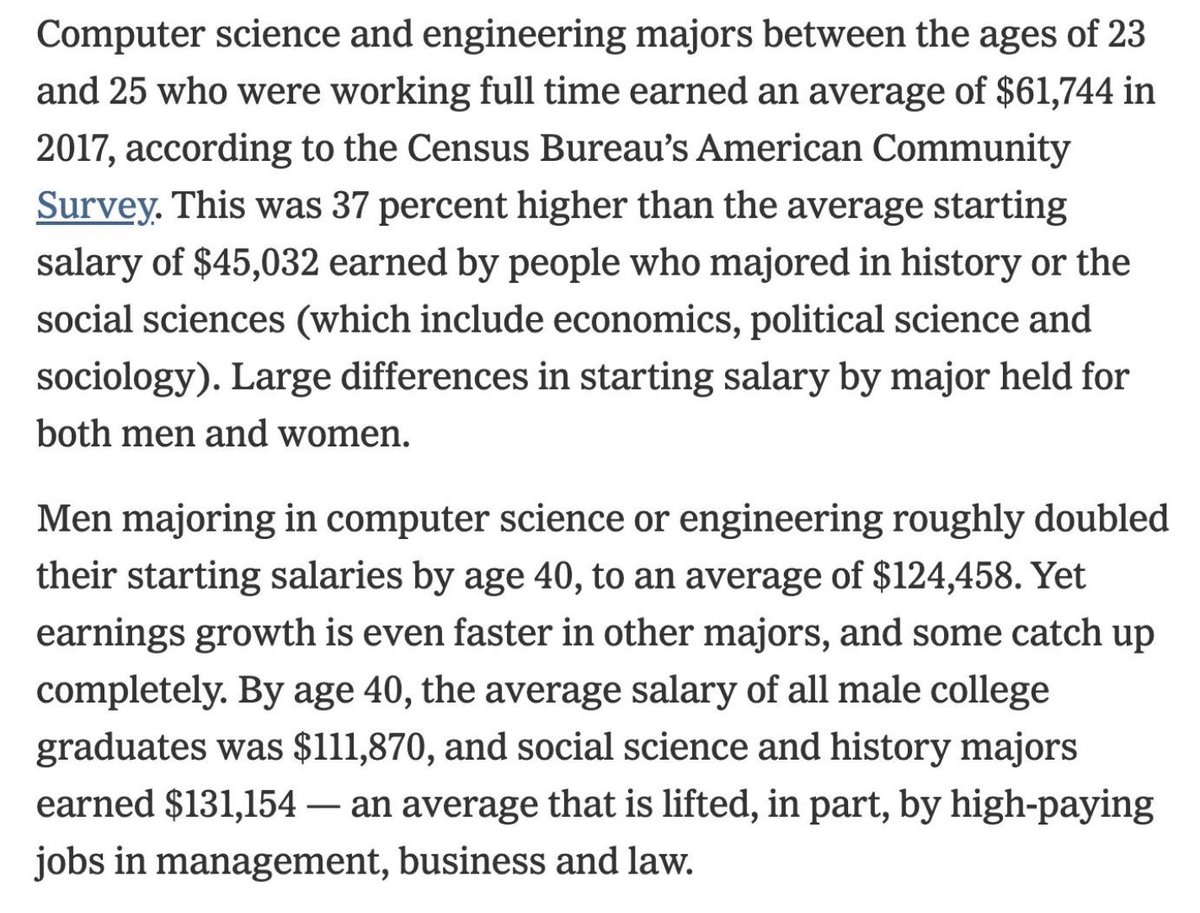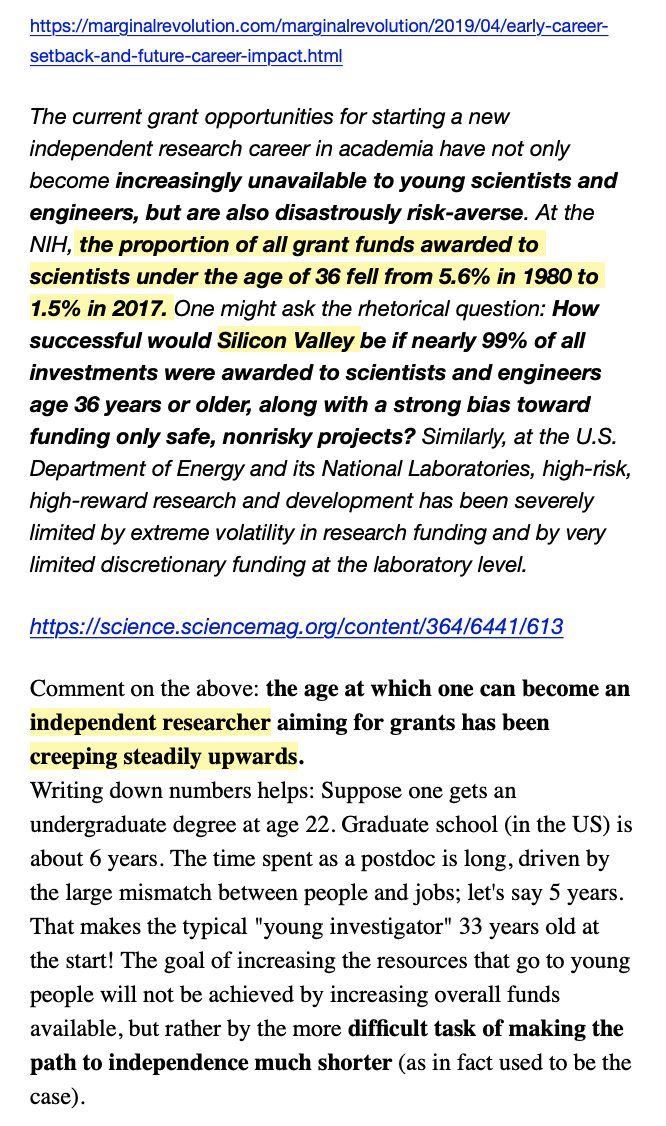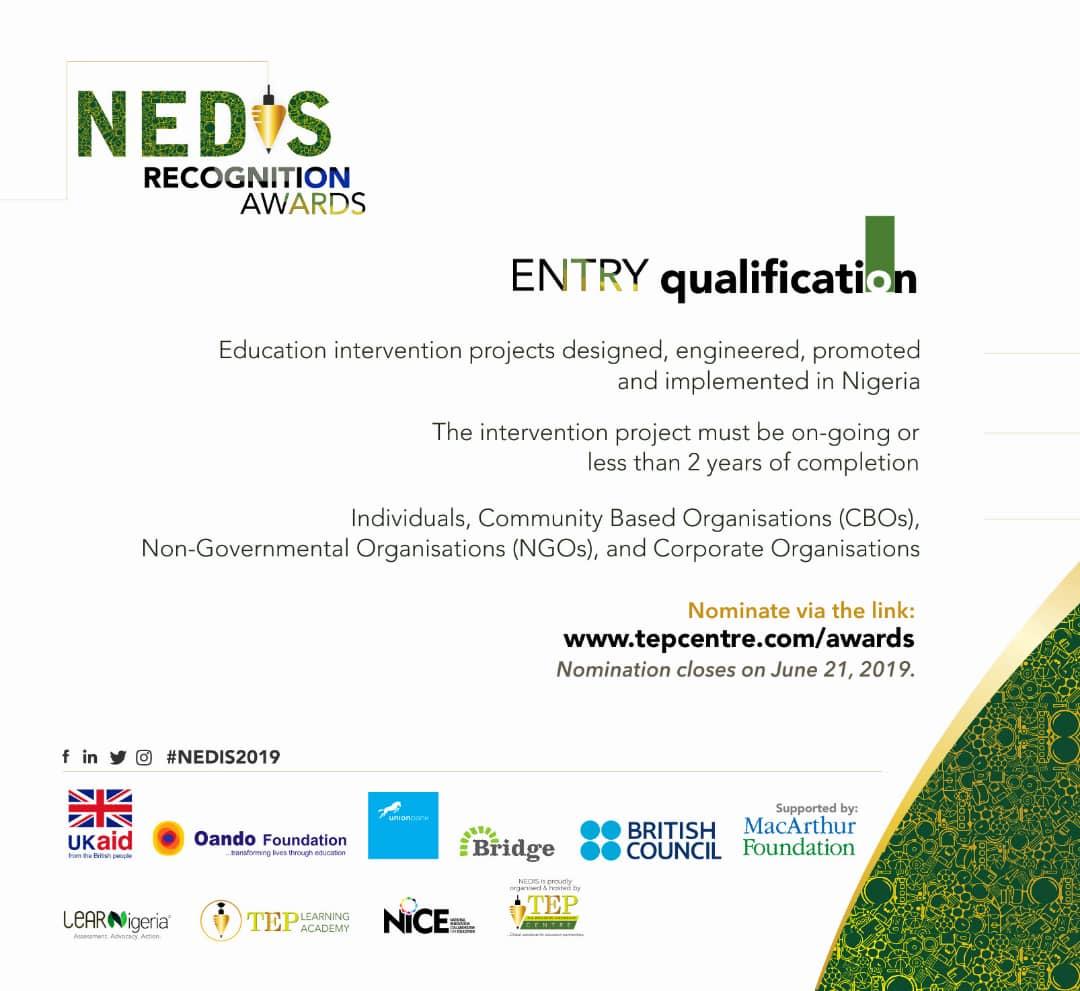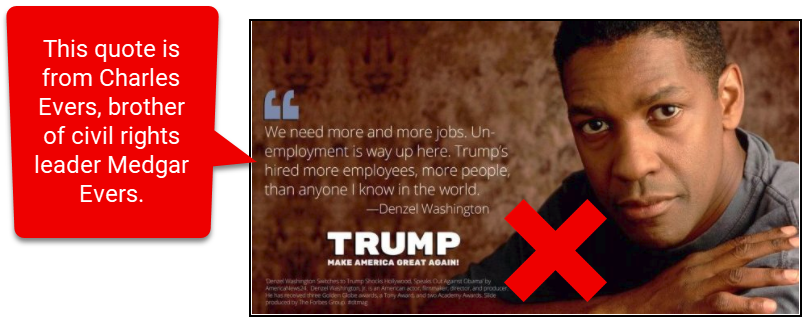Here is what the future of education will look like:
1. Teaching will become an extremely lucrative profession. Salaries will follow a power law. The best teachers will make millions of dollars per year and teach thousands of students per year.
People who teach subjects like finance, statistics, and economics will attract millions of students. Those students will give them the financial resources to invest in high-end graphics and production.
Academia is fragmented. Departments are sorted into distinct subjects with very little over lap. But the Internet is multi-disciplinary by nature. Divisions between subjects will fade, leading to a new era of hyper-curious polymaths.
Education transformed a decade ago, with the explosion of the Internet. It’s the credentials that are expensive and monopolized by universities. We’ll look back at the present day and laugh about the predatory and prohibitive cost of college.
The Internet is great for self-motivated learners. But most people need a social group to hold them accountable. The top schools of tomorrow will build strong communities and alumni networks, just like an Ivy League university.
The sit-back-and-listen style of modern education needs to go. Students will learn by doing, creating, and building things. Every student now has a smartphone in their pocket with a HD camera and the ability to reach anybody on planet earth.
We’ve reached peak time in classroom, listening to the drone of a lecture. The Internet is a classroom without walls — a portal to the entire world. Some students will attend schools in different countries.
It looks like Y-Combinator.
Here’s why:
• Respected credential
• Teams of peers and mentors
• Participants learn by doing
• Attracts a global pool of talent
• The organization competes for top talent.
The majority of colleges don’t take student evaluations seriously. Tomorrow’s schools will be measured on the empirical success of students. All aspects of the educational experience will be tracked — even student salaries.
In school, you start with the basics and expand towards curiosity. But on the Internet, you start with curiosity and expand towards the basics.
The world’s top CEOs will become big-name professors. They’ll use the Internet to scale their knowledge, which will turn teaching into a worthy use of their time. They’ll share real-world stories from hard-earned experiences.
We use this system to teach people how to write, organize their ideas, and become citizens of the Internet.
writeofpassage.school/2020/02/10/our…
perell.com/blog/why-is-co…






























